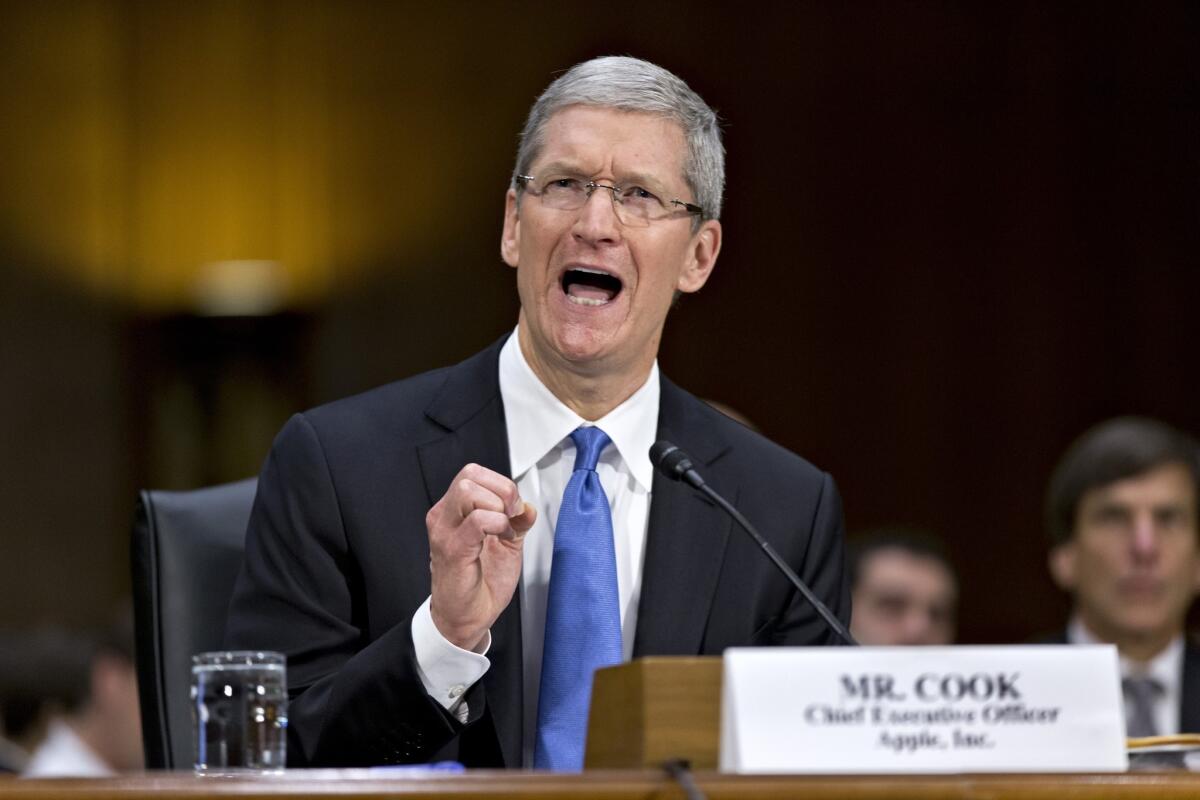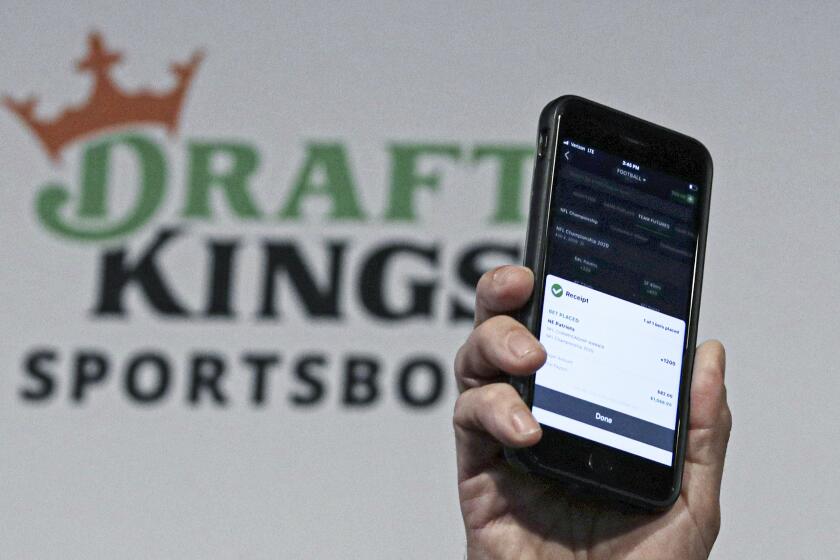European Union launches probe of tax breaks for Apple, Starbucks, Fiat

European Union officials, taking a tough stance on tax evasion, launched an investigation into whether Ireland and two other member nations were providing improper tax breaks to Apple Inc., Starbucks Corp. and a unit of Fiat Group.
The announcement Wednesday came as the U.S. and other fiscally challenged countries have been trying to crack down on corporations funneling profits through foreign subsidiaries to avoid or reduce tax payments.
“In the current context of tight public budgets, it is particularly important that large multinationals pay their fair share of taxes,” said Joaquín Almunia, vice president in charge of competition policy for the European Commission.
The EU investigation is aimed at determining whether tax breaks provided by Ireland to Apple, the Netherlands to Starbucks and Luxembourg to Fiat constitute improper state aid to the companies, he said.
“Under the EU’s state aid rules, national authorities cannot take measures allowing certain companies to pay less tax than they should if the tax rules of the member state were applied in a fair and nondiscriminatory way,” Almunia said.
Apple in particular has been criticized for funneling profits through Irish subsidiaries.
A Senate investigation last year concluded that Apple executives negotiated a special low tax rate with the Irish government that allowed the Cupertino, Calif., company to avoid paying at least $15 billion in U.S. taxes on $44 billion in foreign income from 2009 to 2012.
At the time, Apple had $102 billion of its $145 billion in cash in overseas accounts, the Senate probe found.
On Friday, Gov. Jerry Brown took more of a jocular shot at Irish tax authorities.
“I don’t know how you got to have Apple to have so much of their business in Ireland, we thought they were a Californian company,” the Irish Independent newspaper quoted Brown as saying during an event for Irish start-ups doing business in San Francisco.
“When you look at their tax returns, they’re really an Irish company ... it’s called creative accounting,” the paper quoted the governor as saying at the event, which included the Irish prime minister. A Brown spokesman said he was joking, and authorities there took it as humorous ribbing.
Apple and the Irish government have denied any special treatment.
“Apple pays every euro of every tax that we owe,” the company said Wednesday. “Since the iPhone launched in 2007, our taxes in Ireland have increased tenfold.”
Ireland’s Department of Finance said the company “did not receive selective treatment and there was no ‘special tax rate deal.’”
Apple Chief Executive Tim Cook testified at a Senate hearing last year that the company’s tax policies were legal and fair based on the worldwide nature of its business.
The EU investigation involves so-called transfer pricing, which is the cost that a company sets to transfer goods and services among its subsidiaries. Those costs affect the amount of a company’s taxable profits in the different countries where its subsidiaries are based.
European officials said they have been looking at the issue after media reports alleged that some firms have received “significant tax reductions” because of favorable rulings by national tax authorities on transfer pricing arrangements with specific companies.
The regulators are not questioning the general tax policies of Ireland, Luxembourg and the Netherlands, but said improper state aid could distort competition between the European Union’s 28 member nations.
Starbucks also has been under fire for its tax strategies in Europe. In April, the Seattle coffee giant said it would move its regional headquarters from the Netherlands to London after criticism that it was not paying its share of taxes in Britain.
The company said Wednesday that it complied with “all relevant tax rules, laws” and guidelines by the Organisation for Economic Co-operation and Development, a group of the world’s 34 most advanced economies.
Eric Wiebes, the Dutch state secretary for finance, said Wednesday that he was confident the European Commission investigation would determine there was no improper state aid provided to Starbucks.
Luxembourg is another European Union nation criticized for being a tax haven for large multinational corporations. The European investigation is looking into taxes that Fiat Finance and Trade, a subsidiary of the Italian automaker, paid in Luxembourg.
Fiat said the unit, which manages cash and other finances for the company, has not received “any favorable treatment” from Luxembourg. The Luxembourg government did not respond to a request for comment.
More to Read
Inside the business of entertainment
The Wide Shot brings you news, analysis and insights on everything from streaming wars to production — and what it all means for the future.
You may occasionally receive promotional content from the Los Angeles Times.











